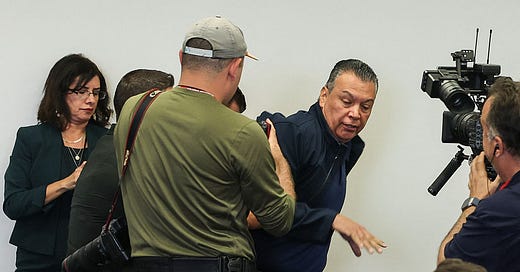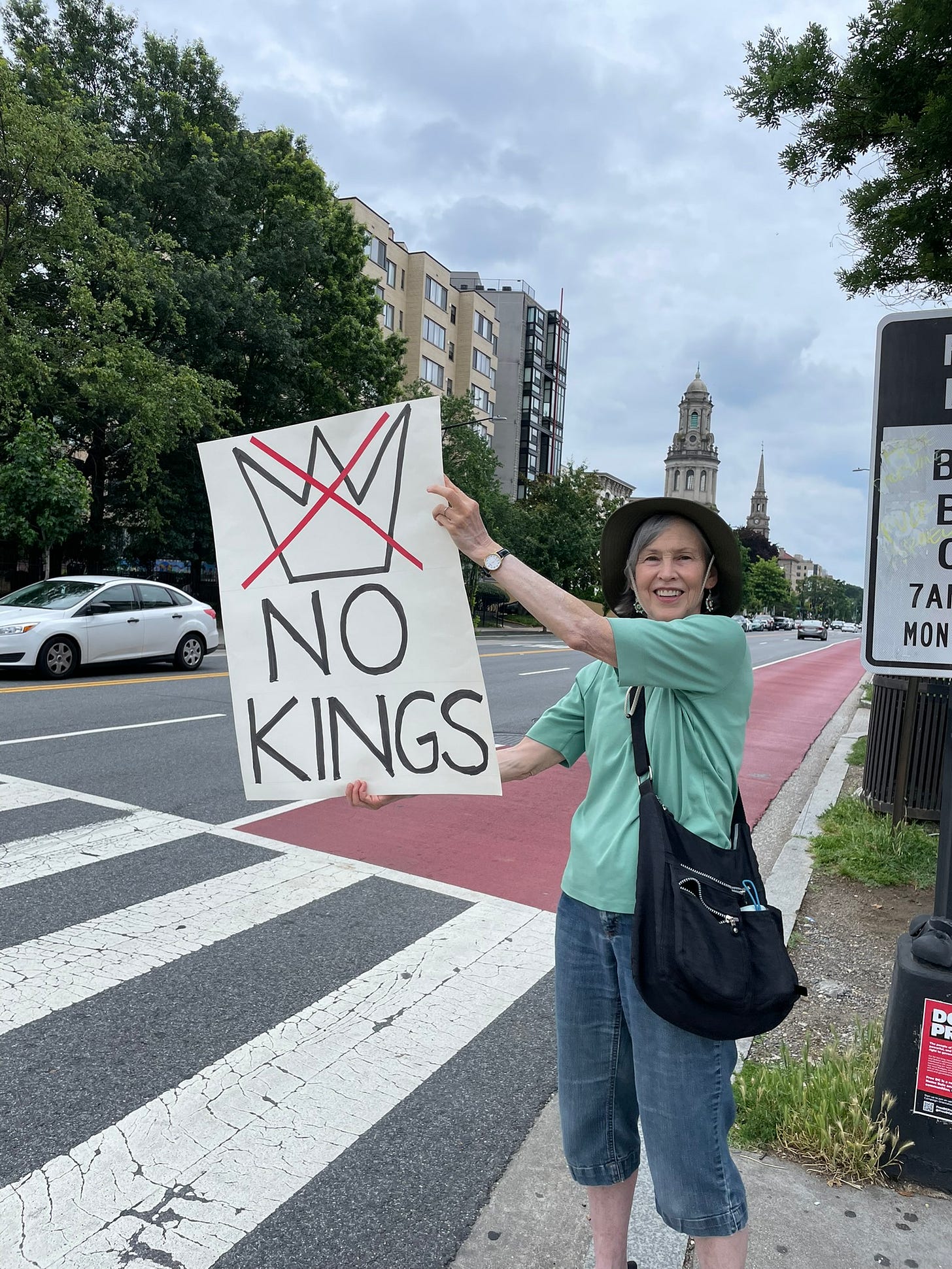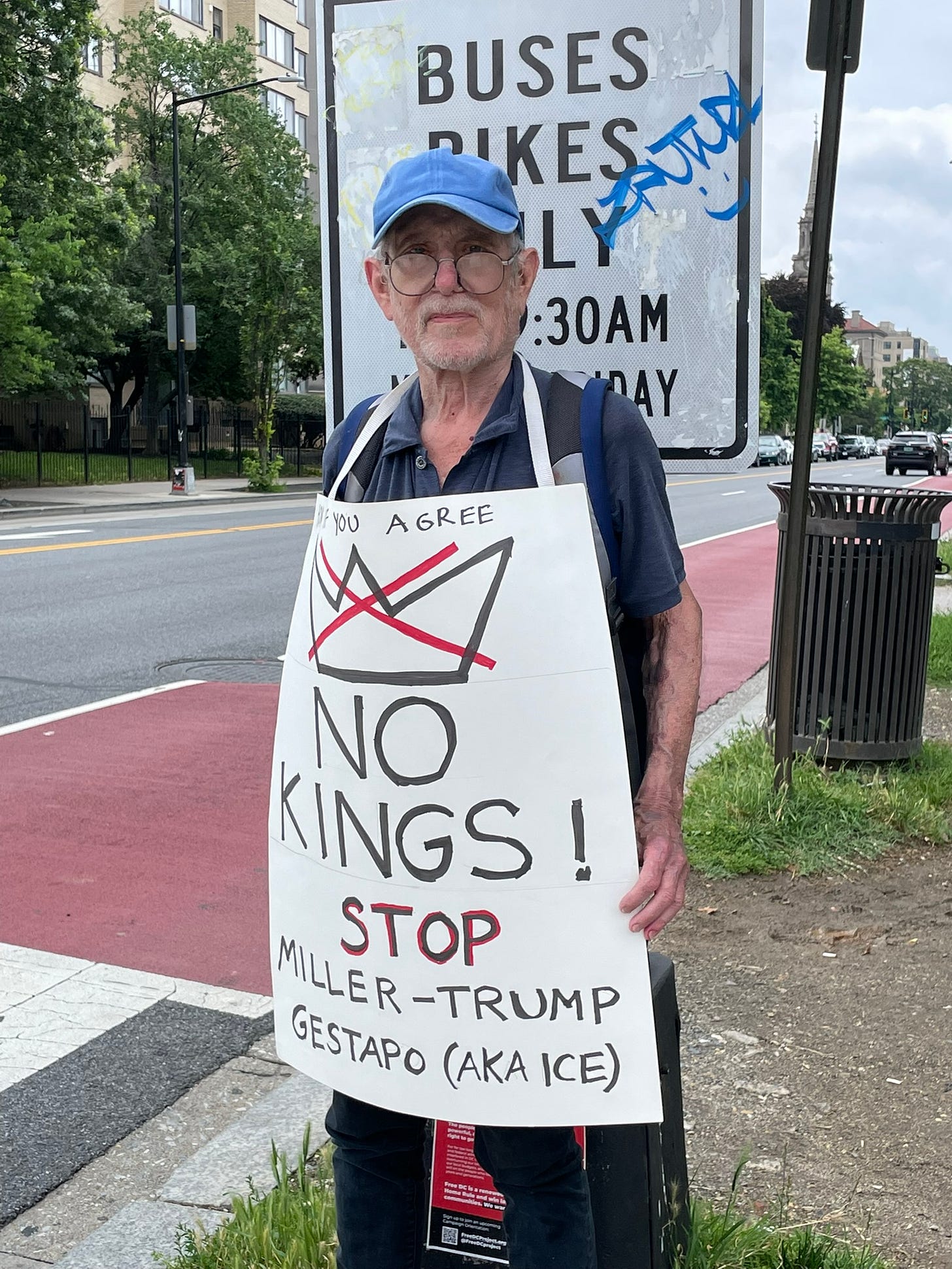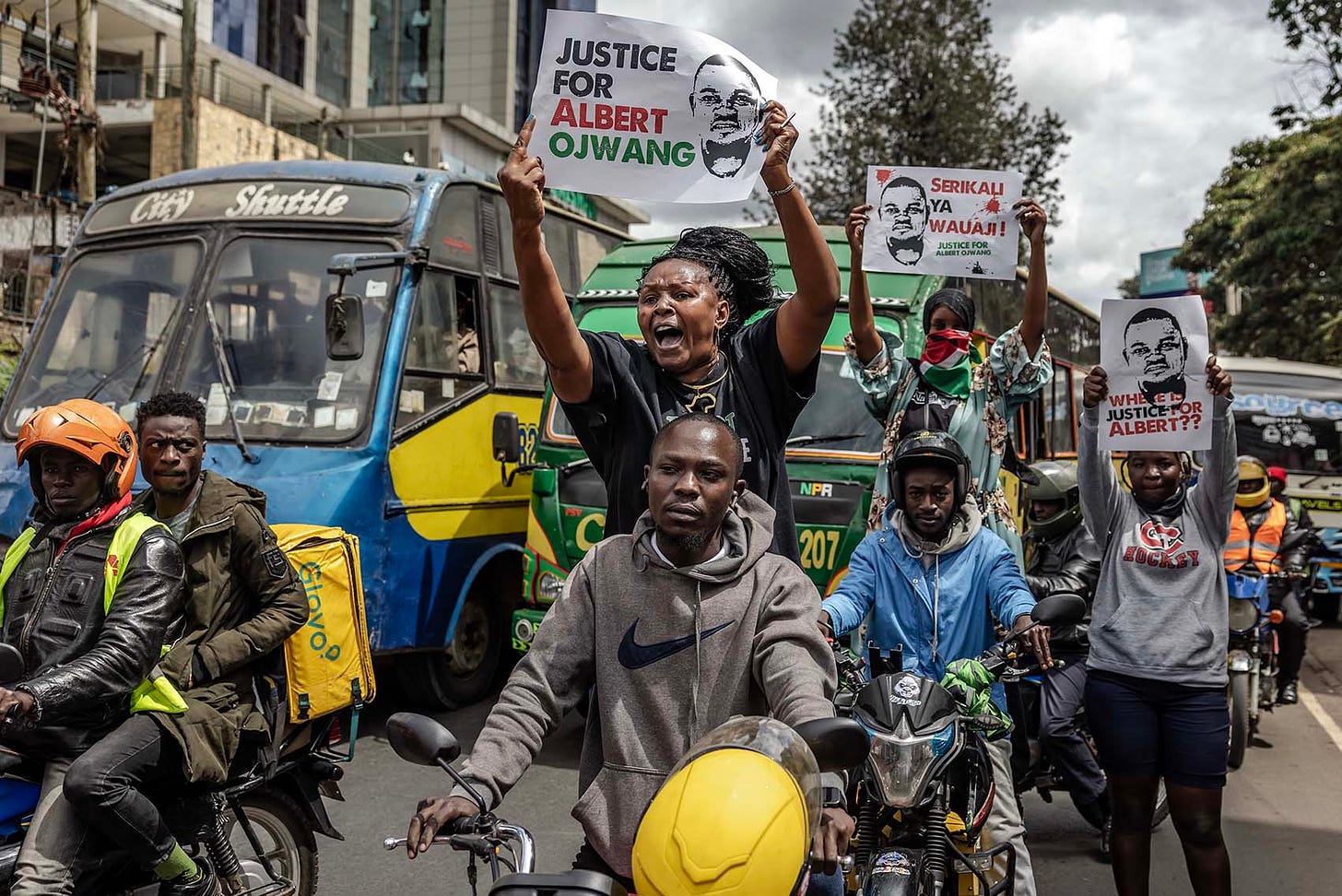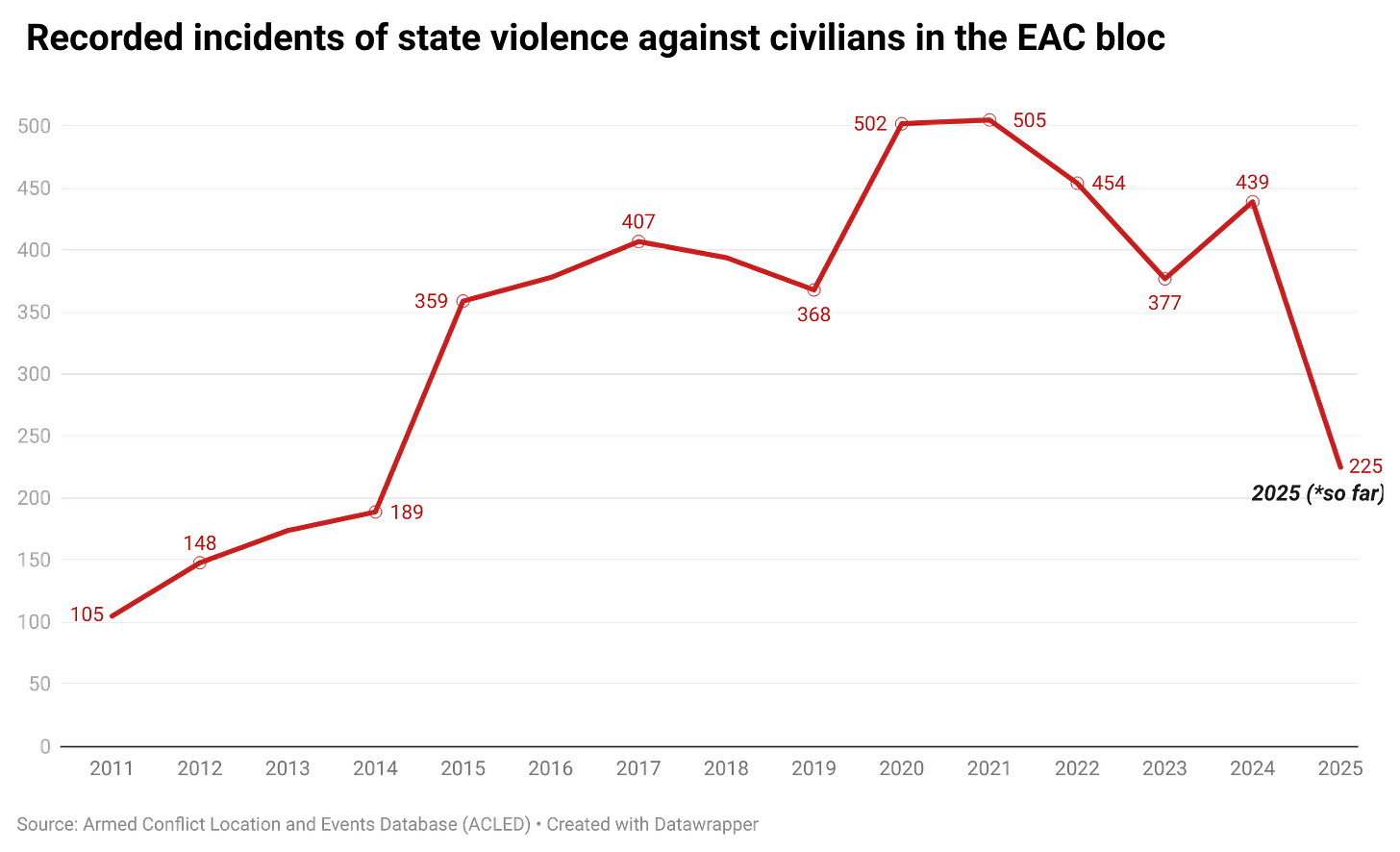AfricaFocus Notes on Substack offers short comments and links to news, analysis, and progressive advocacy on African and global issues, building on the legacy of over 25 years of publication as an email and web publication archived at http://www.africafocus.org. It is edited by William Minter. Posts are sent out by email once or twice a month. If you are not already a subscriber, you can subscribe for free by clicking on the button below. More frequent short notes are available at https://africafocus.substack.com/notes, and are also available in an RSS feed.
Editor´s Note
By William Minter
William Minter is the editor of the Substack blog AfricaFocus Notes. His latest book, None of Us Is Free Until All of Us Are Free: New Perspectives on Global Solidarity, edited in collaboration with Imani Countess (available from Africa World Press).
My overambitious plan of doing weekly highlights only held up for four weeks in April. I just did not find time to put them together, despite an abundance of relevant material. So this is a selection from the almost 90 much shorter notes, with links, posted on the website, but not sent out by email, from the six weeks from May 1 to June 15. A few more come from a running spreadsheet I keep of possible articles to use in AfricaFocus. There is too much for any of us to keep up with, but I hope you will find some of my selections useful to you as well.
Today I have chosen to highlight a few sources on the USA and one on security forces threats to civilians in East Africa.
USA
Most notable was the scene of California Senator Alex Padilla being tackled and forcibly expelled from a speech in Los Angeles by Homeland Security Director Kristi Noem, on June 12.
California Senator Alex Padilla arrested for asking a question at a speech in Los Angeles by Homeland Security Secretary Kristi Noem, who denounced California officials and said the federal government would “going to liberate the city from the burdensome leadership, mayor and governor.”
Watch interview with Senator Padilla on MSNBC with Ari Melber and Jacob Soboroff.
And yesterday, the thousands of No Kings! demonstrations around the country and around the world presented an effective counterpoint to would-be dictator Donald Trump´s military parade in Washington, DC.
Among the dramatic protests was this in Maine with a seemingly endless procession of demonstrators on the Wiscasset bridge (2.5 minute Facebook video). In Washington, DC, where I live, organizers advised against giving a photo opportunity to Trump by demonstrating at the parade, and called instead for smaller hyperlocal events such as a small group with signs stationed at intersections. Cathy and I participated in one of these at 16th and Irving Street in Mount Pleasant.
These photos were taken when there was no traffic since cars were stopped at a traffic light, but I got a lot of honks as traffic came by, and many more honks from drivers and thumbs up from pedestrians as I walked back home on the sidewalk facing traffic.
Africa
State security is terrorising citizens at record levels across East Africa
Jun 14, 2025
Robert Amalemba in Nairobi
[Excerpts only. For full article. ]
Over the weekend, Kenyans learned that a 31-year-old teacher and blogger, Albert Ojwang, had died in police custody. He was arrested in Homa Bay, a town on the Kenyan shores of Lake Victoria, transferred 400km to Nairobi’s Central Police Station – and then died.
Police initially said he died by suicide, allegedly by smashing his head against a cell wall – an implausible account that sparked national outrage. An autopsy says he suffered head injury, blunt force trauma, neck compression and multiple bruises. His family and human rights groups are calling his death a police execution.
Ojwang’s death comes amid escalating state violence against people in Kenya and East Africa in general. Across all eight countries that make up the East African Community bloc, that kind of violence is nearly the worst it’s been in a decade, and has been escalating for longer, going by the reported incidents in the Armed Conflict Location and Events Database (Acled).
More violence in Ruto’s Kenya
The escalation has been particularly remarkable in Kenya. The bloc’s most prosperous country had been considered “sort of safe” as governments in Burundi, Somalia and Uganda ramped up violence against civilians, driving regional trends.
But reported incidents in Kenya have more than doubled during the 33 months of William Ruto’s presidency, compared to the 33 months right before, from 122 to 271. Abductions have quadrupled, from 22 to 100. And all the recorded abductions – before and after Ruto became president – were attributed to the Kenya police force, not any other security agency.
Some sources paint an even worse picture.
A coalition of human rights organisations in Kenya have linked the police to 104 extrajudicial killings and 55 enforced disappearances in the state’s brutal crackdown on last year’s anti-tax, youth-led protests.

